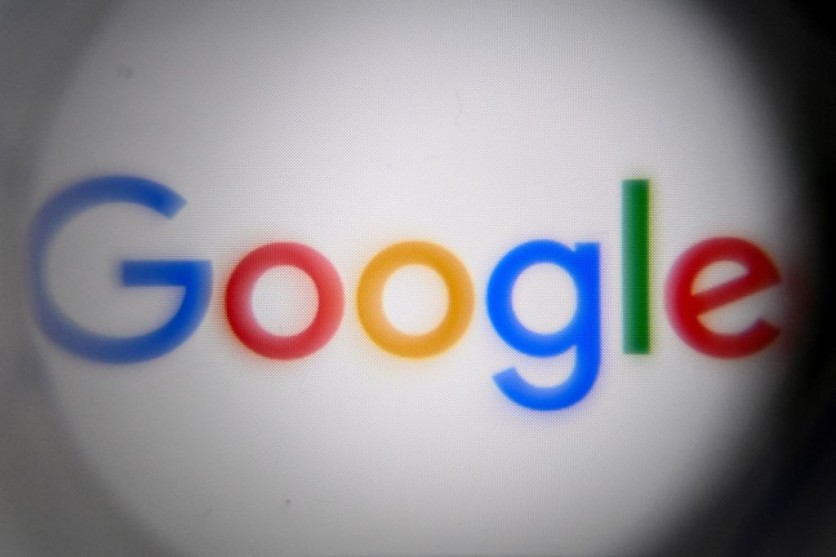
Google has recently announced its commitment to defend users of AI systems within its Google Cloud and Workspace platforms, Reuters reports.
This initiative, announced on Thursday, marks a significant stride in the tech industry as Google joins the likes of Microsoft and Adobe in promising legal aid to AI users embroiled in intellectual property disputes.
Google Has Your Back on AI Disputes
The proliferation of generative AI has spurred major technology companies like Google to invest significantly in harnessing its capabilities for various applications, from content generation to data analysis.
However, this rapid integration of AI technology has not been without controversy. Numerous lawsuits have been filed by authors, illustrators, and other copyright holders who claim that using their works for training AI systems and the content generated by these systems infringe upon their intellectual property rights.
Google's new policy covers a broad spectrum, offering a comprehensive, two-pronged approach to indemnity. It specifically addresses claims related to both the use of training data to develop AI systems and the content these systems create.
A company spokesperson stated, "To our knowledge, Google is the first in the industry to offer a comprehensive, two-pronged approach to indemnity."
Read Also : Google Taps Passkeys as Default Sign-in Method for All Users-Is This the End for Passwords?
A Closer Look
This policy applies to software encompassing Google's Vertex AI development platform and the Duet AI system, responsible for generating text and images within Google Workspace and Cloud programs.
However, it is important to note that Google's more renowned generative AI chatbot program, Bard, is not mentioned in the press release.
Nevertheless, this indemnity has its limits. Google clarifies that it will not apply in cases where users intentionally create or employ generated content to infringe on the rights of others, ensuring a balance between creative freedom and legal responsibility.
Crucially, this recent wave of lawsuits has primarily targeted the technology companies that own the generative AI systems, such as Google, rather than individual end-users.
It is essential to highlight that some AI defendants have argued that using training data, often scraped from the internet, falls under fair use provisions of US copyright law.
More from Google AI
In a separate but significant development, Google is further expanding the capabilities of its Search Generative Experience (SGE).
Engadget tells us that users who have opted-in for this program will now be able to create AI images directly through the standard Search bar, eliminating the need to visit specialized websites.
The SGE envisions a future where web searching becomes a more coherent and user-centric experience. Rather than displaying a list of links, the system synthesizes responses to natural language prompts, now extending to image generation.
Users can input a description of what they seek, and Google will promptly generate four alternatives for selection, allowing further refinement. Additionally, users can export these generated images to Google Drive or download them.
One notable limitation is that these features are currently available only within the United States, in English-language applications, and for users over 18.
Stay posted here at Tech Times.
Related Article : OpenAI to Launch Major Updates to Make AI Software Development Cheaper and Faster, Luring Developers

ⓒ 2025 TECHTIMES.com All rights reserved. Do not reproduce without permission.




